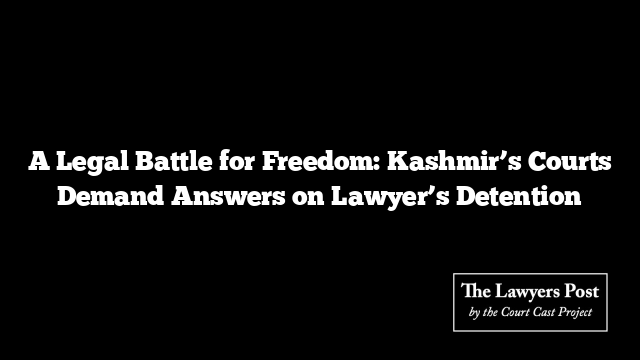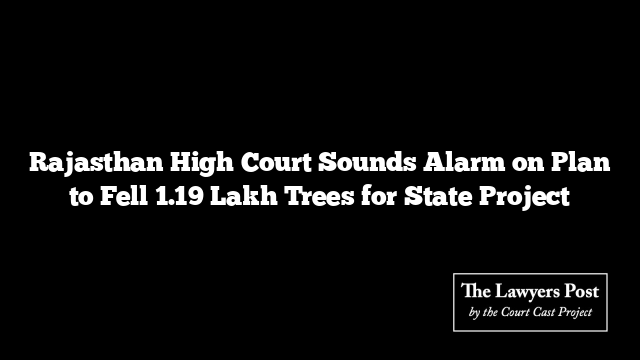The Jammu & Kashmir High Court has issued a four-week deadline to the regional government, seeking justification for the controversial detention of Senior Advocate Nazir Ahmad Ronga, who was taken into custody under the Public Safety Act (PSA) in July 2024.
Justice Puneet Gupta scheduled the next hearing for November 20, marking another chapter in the unfolding legal struggle surrounding Ronga’s confinement. His detention, captured on CCTV, initially occurred without clear disclosure to his family, adding to the controversy surrounding the use of the PSA—an act that allows imprisonment without trial for up to six months.
A habeas corpus petition was filed, not only demanding Ronga’s release but also seeking ₹60 lakhs in compensation, alleging illegal detention and mistreatment. The petition contends that the authorities ignored key legal safeguards established by the Supreme Court in the DK Basu ruling, which outlines arrest procedures to prevent abuse of power.
This legal storm is the latest in Ronga’s long history of entanglement with the PSA. A former president of the Jammu and Kashmir High Court Bar Association (HCBA), he was also detained in 2019 during the government’s crackdown on dissent ahead of the abrogation of Article 370, the constitutional provision that granted special autonomy to Jammu and Kashmir.
Despite an earlier directive from the court on September 11, giving the government three weeks to respond, the latest order extends the timeline by another four weeks. With tensions simmering, the legal contest now moves toward its next decisive phase.
Advocate Tuba Manzoor represents Ronga in this fight, while the Jammu and Kashmir government is defended by Additional Advocate General Satinder Singh Kala.
Ronga’s detention brings renewed attention to the contentious PSA, whose constitutional validity has also been challenged in court. The unfolding legal battle highlights the fine line between security concerns and civil liberties in a region grappling with complex political dynamics.





